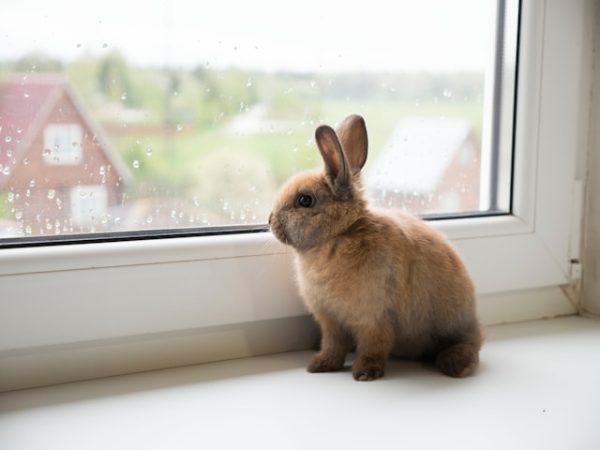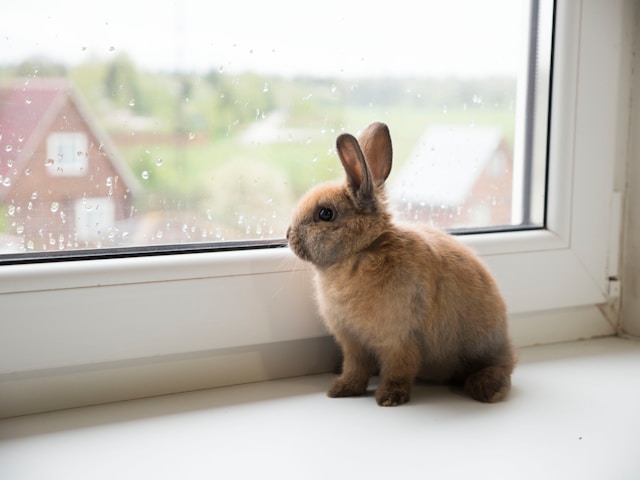I get questions from young people every day asking what they can do with little capital. To this question, i always add rabbit farming in the answers.
Based on the demand for easy to implement ideas, we are starting this new enterprise series of what one can do with a 100,000 naira.
Rabbit Farming
Rabbit Farming is one of the livestock enterprises with a great potential and room for growth in Nigeria looking at the increasing population and demand for animal protein. It is due to their nominal investment requirements and ability to birth rapidly. Their feed requirement is low, considering the demand for grain.
Their housing and disease control management requirements are also low yet their meat is highly nutritious and healthier source of protein when compared with other sources of meat.
Breeds and Breeding
Rabbits are generally grouped according to the purpose they are kept for; meat, fur and pet. Our focus in this enterprise series will be on meat breeds; these breeds command ready market in local joints and also serve as special delicacy for esteemed guests.
When properly managed breeding can be done up to 4 times in a year due to the short gestation period of 28-32days and 6-12 baby kids may be barn from a single kindling.
Giant breeds
They have a faster growth rate and weigh up to 9kg. They attain sexual maturity late (nine months) and have less frequent and small litter sizes. They also have higher bone to meat ratio compared to other breeds. An example is the Flemish Giant.
Medium breeds
They have high growth rate and weigh up to 5kg with good management; attain sexual maturity early (six months), are prolific breeders and best for meat production. California and New Zealand White are good examples.
Small breeds
They have a high growth rate and weigh up to 3kg with good management. They attain sexual maturity early, are very prolific breeders and hardy. Examples are Kenya White and Dutch breeds.

Rabbit farming: Cost Breakdown
1. Cage construction = ₦45,000
2. Purchase of breeding stock = ₦20,000
3. Feeding and watering trough = ₦5,000
4. Logistics = ₦10,000
5. Feeding = ₦20,000. Note that 90% of quality forage and kitchen waste can be used is processed feed are not available.
6. You can get an average of 40 kids under good management from a single doe in a year and sells for an average of ₦2500-3000 at maturity.
With little care, you can raise your rabbit to maturity and still make reasonable profit at the end of each production cycle.
Watch a video on this enterprise
Read more HERE
Watch our videos

